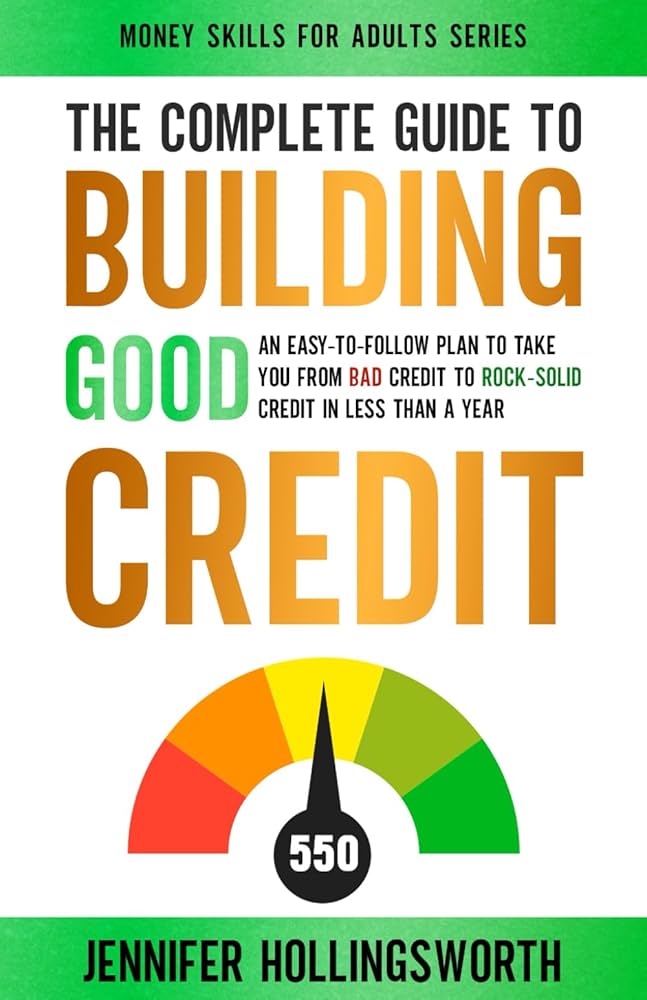Building credit is a crucial step towards financial stability and independence. A good credit score unlocks opportunities like favorable loan terms, better insurance rates, and even rental approvals. However, building credit requires a strategic approach and a responsible understanding of debt. This guide will provide you with the knowledge and tools necessary to build credit effectively and avoid common pitfalls. Let’s explore the best practices for establishing and maintaining a healthy credit profile.
Understanding Credit and Debt
Before diving into the how-to, it’s important to grasp the basics of credit and debt.
- Credit: A contractual agreement in which a borrower receives something of value now and agrees to repay the lender at some date in the future, generally with interest.
- Debt: The amount of money owed to another party.
- Credit Score: A numerical representation of your creditworthiness, based on your credit history. Factors include payment history, amounts owed, length of credit history, new credit, and credit mix.
Strategies for Building Credit
Here are several proven strategies to help you build credit responsibly:
1. Become an Authorized User
If you have a trusted friend or family member with a credit card in good standing, ask if you can become an authorized user on their account. Their positive payment history will then be reflected on your credit report, helping you build credit.
2. Secure a Secured Credit Card
A secured credit card requires a cash deposit as collateral. This deposit typically becomes your credit limit. Using the card responsibly and making timely payments will help you build credit. Once you’ve established good credit, you can often graduate to an unsecured card and get your deposit back.
3. Obtain a Credit-Builder Loan
Credit-builder loans are specifically designed to help people build credit. You make payments over a set period, and the lender reports your payment history to the credit bureaus. The funds you borrow are usually held in an account until the loan is repaid.
4. Apply for a Retail Credit Card
Retail credit cards, also known as store cards, are often easier to obtain than traditional credit cards. Use them responsibly and pay your balance on time to build credit. Be aware that these cards often have higher interest rates.
Factoid: Did you know that your credit utilization ratio (the amount of credit you’re using compared to your total available credit) is a significant factor in your credit score? Experts recommend keeping it below 30%.
5. Consistently Make On-Time Payments
Payment history is the most important factor in your credit score. Set up automatic payments to ensure you never miss a due date. Even one late payment can negatively impact your credit.
Managing Debt Responsibly
Building credit involves managing debt responsibly. Here are some key principles:
- Create a Budget: Track your income and expenses to understand where your money is going.
- Avoid Overspending: Only charge what you can afford to repay each month.
- Pay More Than the Minimum: Paying only the minimum will result in high interest charges and slow debt repayment.
- Monitor Your Credit Report: Check your credit report regularly for errors or signs of fraud. You can get a free credit report from each of the three major credit bureaus annually.
Common Mistakes to Avoid
Avoid these common mistakes that can damage your credit:
- Missing payments.
- Maxing out credit cards.
- Applying for too much credit at once.
- Ignoring your credit report.
- Closing old credit accounts (especially those with long histories).
FAQ: Building Credit
Q: How long does it take to build credit?
A: It can take anywhere from 3 to 6 months to establish a credit history and potentially see a credit score. Building excellent credit takes longer, often several years of responsible credit management.
Q: What is a good credit score?
A: A good credit score generally falls between 670 and 739. Excellent credit scores are typically above 740.
Q: What if I have no credit history?
A: If you have no credit history, you’re considered a “credit invisible.” The strategies outlined above, such as secured credit cards and credit-builder loans, are excellent ways to start building credit from scratch.
Q: How often should I check my credit report?
A: You should check your credit report at least once a year. You are entitled to a free credit report from each of the three major credit bureaus (Equifax, Experian, and TransUnion) annually.
Q: What should I do if I find an error on my credit report?
A: If you find an error on your credit report, dispute it with the credit bureau that issued the report. Provide documentation to support your claim.

